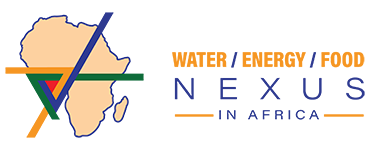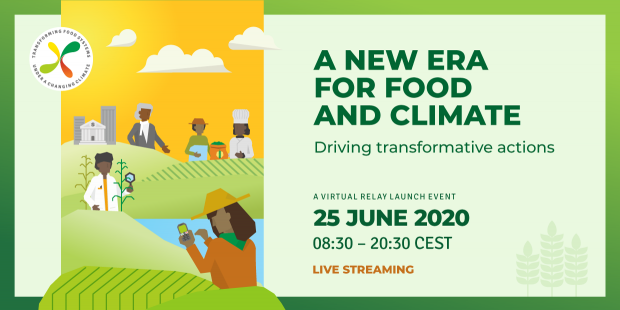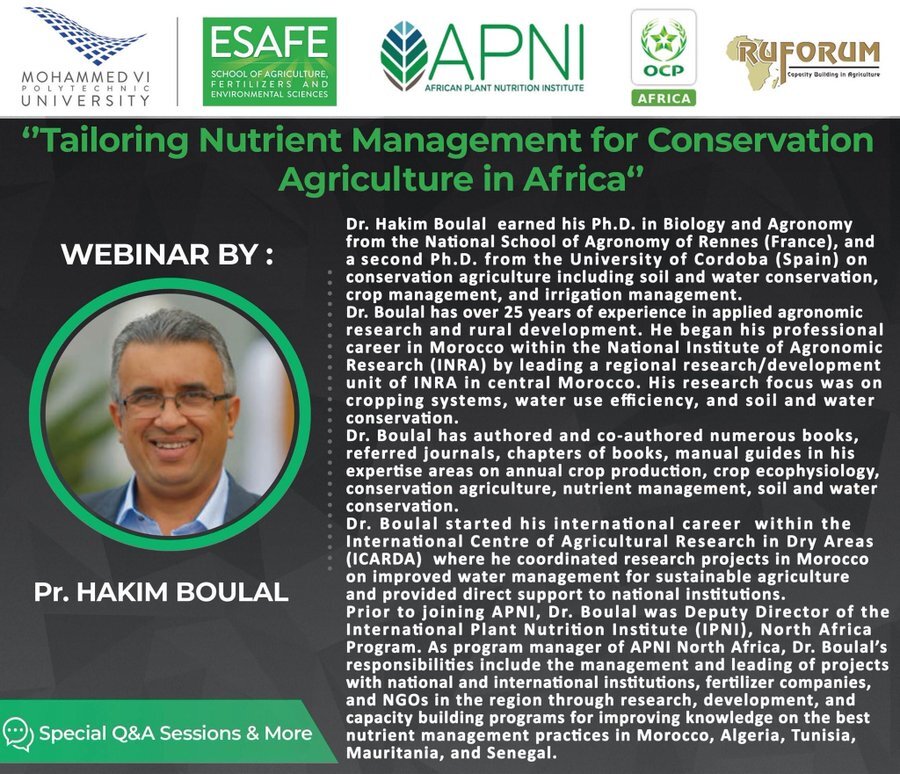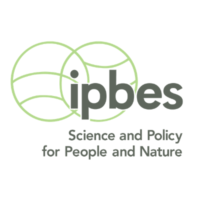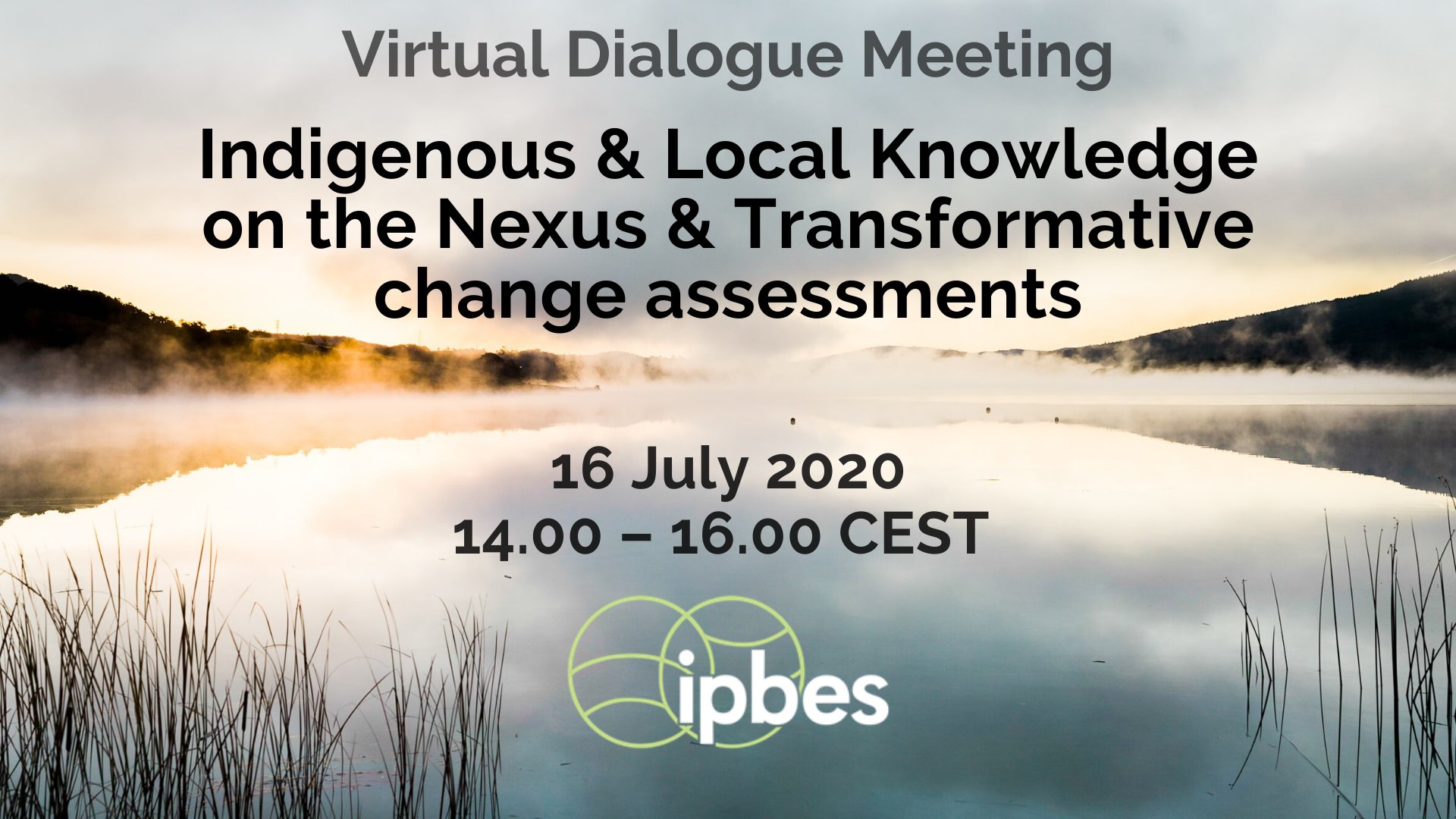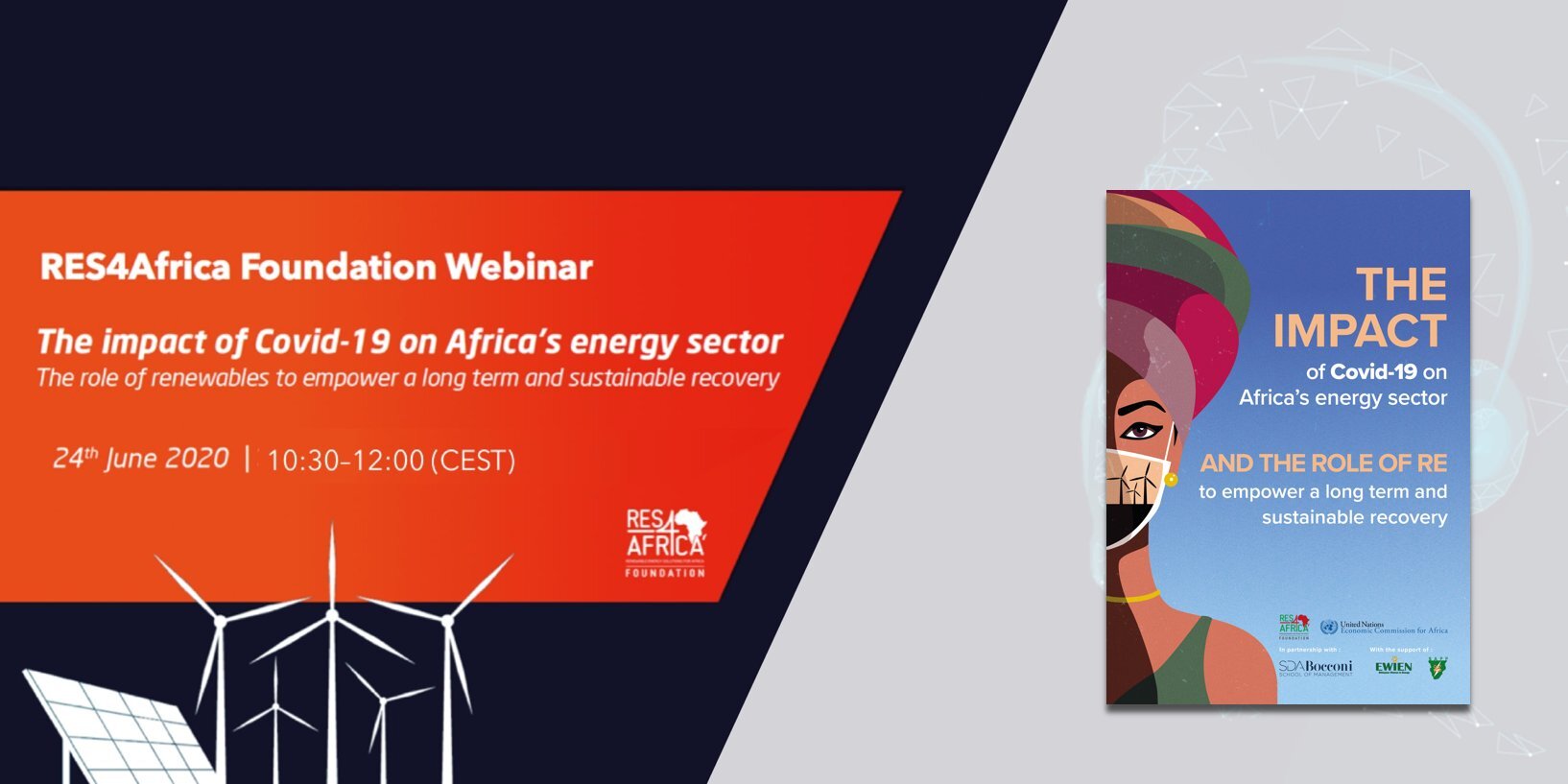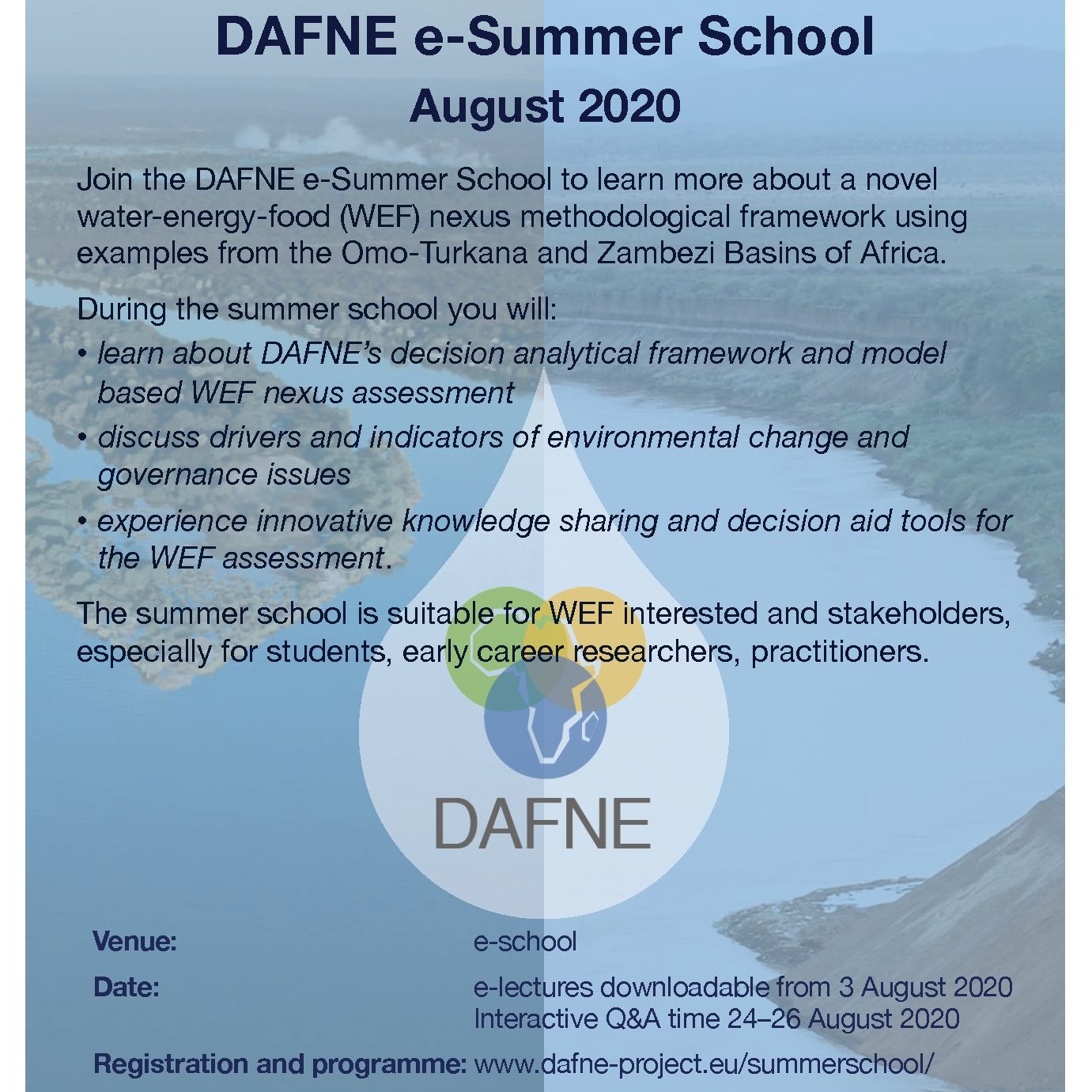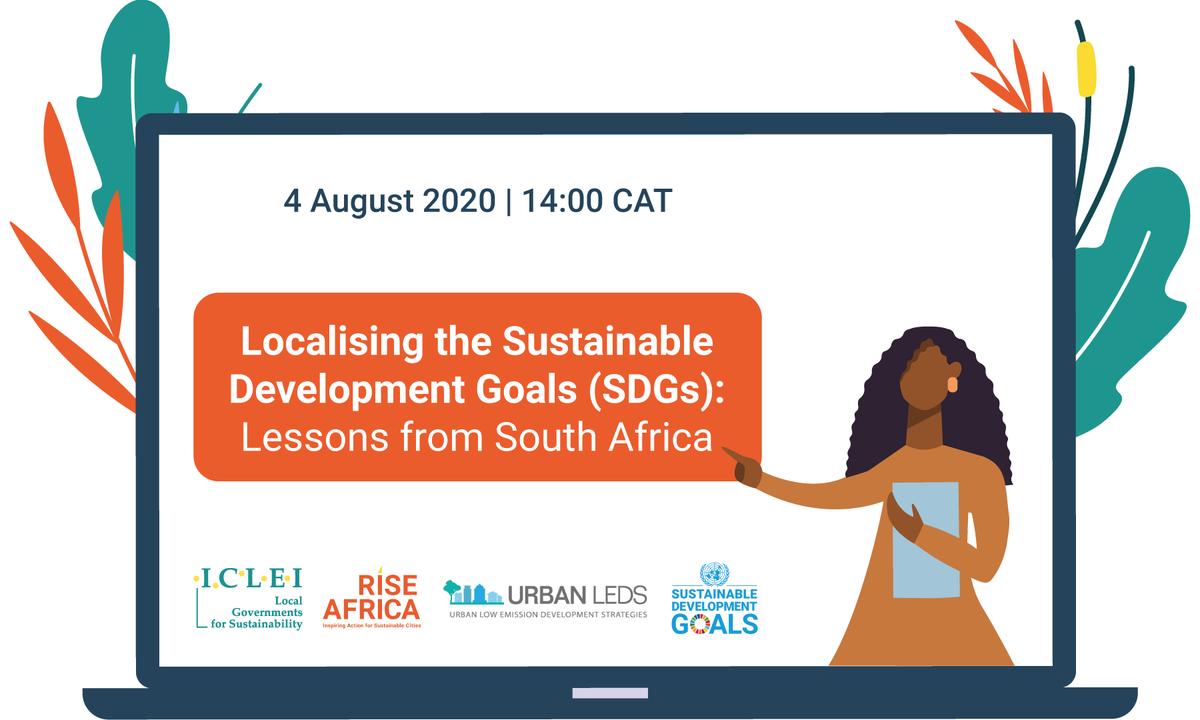Webinar – A new era for food and climate: Driving transformative actions
About Join CGIAR on 25 June 2020, for a global event to spark action to transform food systems to avert a food and climate crisis in the time of COVID-19. A new era for food and climate: Driving transformative actions, is a full-day, around-the-world virtual relay event that starts in Australia and concludes in Colombia. The […]
Webinar: Tailoring Nutrient Management for Conservation Agriculture in Africa
About ICYMI Dr. Hakim Boulal from The African Plant Nutrition Institute delivers the most recent Mohammed VI Polytechnic University ESAFE webinar on Tailoring Nutrient Management for Conservation Agriculture in Africa. Watch full webinar recording here
Ways to Walk the Water-Energy-Food Nexus Talk: The Way Forward
onlineDetails The webinar will be held on Wednesday, 8 July 2020, 3:00-4:30 PM EAT. Please register here For more information, please visit the webpage of the event. About The United Nations Environment Programme (UNEP), Africa Office/Energy Unit, and Global Programme of Action for the Protection of the Marine Environment from Land-Based Activities are pleased to invite you to the […]
Webinar: Draft scoping reports for the IPBES nexus and transformative change assessments
Details Date: 14 July 2020 Time: 15:00 – 16:45 CEST Please click here to register: https://bit.ly/2YaxWiE For more information please visit IPBES website About The review of the draft scoping report for the nexus assessment (thematic assessment of the interlinkages among biodiversity, water, food and health in the context of climate change) is currently ongoing between […]
Webinar: Indigenous and Local Knowledge Dialogue Workshop
Details Date: 16 July 2020 Time: 14.00 – 16.00 CEST Please click here to register: https://ipbes.net/ilk-nexus-transformative-meeting For more information please visit IPBES website About IPBES is organizing a virtual dialogue meeting on recognizing and working with indigenous and local knowledge in the nexus and transformative change assessments. The dialogue meeting will be held on 16 July 2020, […]
Webinar: Water, Energy, and Food Nexus and the COVID-19 Pandemic
View Webinar Recording Here About Date: Tuesday 21 July 2020 Time: 10:30 - 12:00 (CAT) Access webinar concept note here Registration link here Details The water energy food (WEF) nexus approach has received growing attention and has been subject to research in Southern Africa. For its operationalisation, the nexus approach challenges existing structures, policies and […]
Webinar: The impact of Covid-19 on Africa’s energy sector
Details Title: The role of renewables to empower a long term and sustainable recovery Date: 24th, June 2020 Concept note Click to register About According to official data, the spread of Covid-19 in Africa is lower than in other geographies, but not less worrying. Africa has to face the pandemic with a fragile healthcare system […]
Dialogue on “Transitioning towards a circular economy post Covid-19”
onlineView Webinar Recording Here Details Time: 28 July, 2020 from 9:00am - 12:30pm View program details here Click here to register The Water Research Commission of South Africa, in partnership with the Centre for Transformative Agricultural and Food Systems at the University of KwaZulu-Natal and the Agriculture Research Council (ARC), seek to convene a discussion […]
DAFNE e-Summer School
About Venue: Online Registration opens: 9th July 2020 (first come, first served) Registration closes: 3rd August 2020 Access to video lectures opens: 3rd August 2020 Q&A sessions: 24 – 26 August 2020 Register Here Information The DAFNE e-summer school will provide know-how transfer about methodological aspects required for the investigation of the Water-Energy-Food (WEF) Nexus and the […]
Webinar: Localising the Sustainable Development Goals (SDGs): Lessons from South Africa
Details Title: Localising the Sustainable Development Goals (SDGs): Lessons from South Africa Date: Aug 4, 2020 Time: 2:00 PM CAT Register Here About The webinar will seek to explore the South African SDG landscape, with inputs from National departments, Metropolitan Municipalities, Intermediary Cities, and practitioners, in order to draw out some key learnings and insights […]
